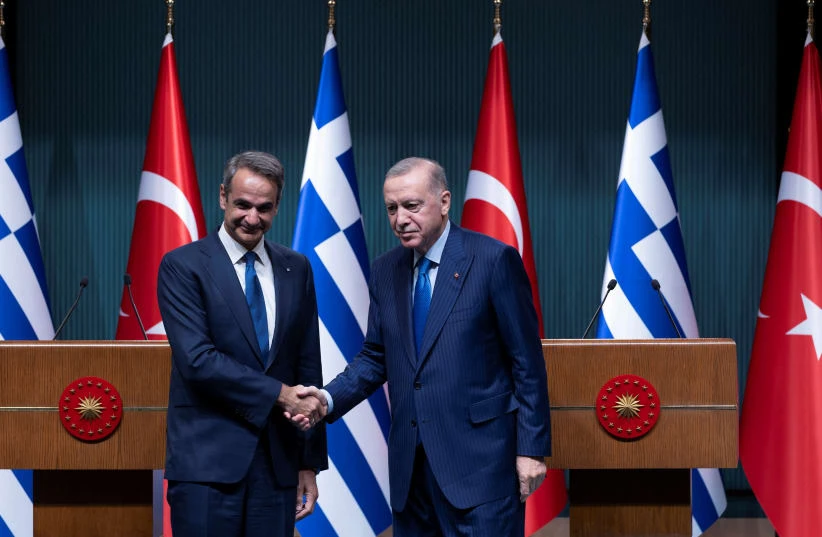Turkish man begins speaking Danish after stroke, baffling family and doctors
 : Rahmi Karademir, 67, recovers at Selçuk University Medical Faculty Hospital in Konya, Türkiye on April 25, 2025. (AA Photo)
: Rahmi Karademir, 67, recovers at Selçuk University Medical Faculty Hospital in Konya, Türkiye on April 25, 2025. (AA Photo)
In a rare medical phenomenon, a 67-year-old Turkish man has surprised doctors and family members by suddenly speaking Danish—a language he hadn’t used for years—after suffering a stroke and receiving emergency treatment.
Rahmi Karademir, a father of seven who lived in Denmark for 20 years before returning to Türkiye a decade ago, was initially hospitalized at Selcuk University Medical Faculty Hospital for knee surgery last week. Two days after the operation, he suddenly developed paralysis in his right arm and leg, along with speech difficulties.
Medical tests revealed that Karademir had suffered a blood clot in one of the major arteries on the left side of his brain. Doctors performed an emergency angiography to remove the clot.
“We quickly took the patient to angiography and cleaned the clot,” Dr. Gokhan Ozdemir, a neurology specialist at Selcuk University Medical Faculty Hospital, who performed the procedure. “After the procedure, the paralysis in the patient’s right arm and leg quickly improved, and he began using them again. Being in the hospital gave us the chance to intervene quickly.”
What happened next stunned everyone: Karademir began speaking Danish instead of Turkish.
“We noticed that the patient couldn’t speak Turkish, which he used in daily life, but could speak Danish, which we thought he had forgotten,” Ozdemir explained. “This is a rare condition in medical literature. In people who speak multiple languages, after a brain vascular occlusion or hemorrhage, some languages may be forgotten while others that haven’t been used may reemerge.”
Ozdemir added that the preservation of one language when another is lost provides an important advantage for rehabilitation.
Karademir now understands Turkish but cannot speak it, causing him considerable distress.
“He started speaking Danish. We were very surprised,” said Meral Karademir, the patient’s daughter. “My sisters know this language, so they could communicate with him more easily. He can understand Turkish but cannot speak it. He’s very upset because he thinks he’s lost his own language.”
Through his daughter’s translation, Rahmi Karademir said: “I understand Turkish, but I cannot speak it. I’m forcing my memory. I hope it gets better. Danish is in my mind, but Turkish doesn’t come to mind at all.”
Doctors expect Karademir to regain his ability to speak Turkish as his recovery progresses.



